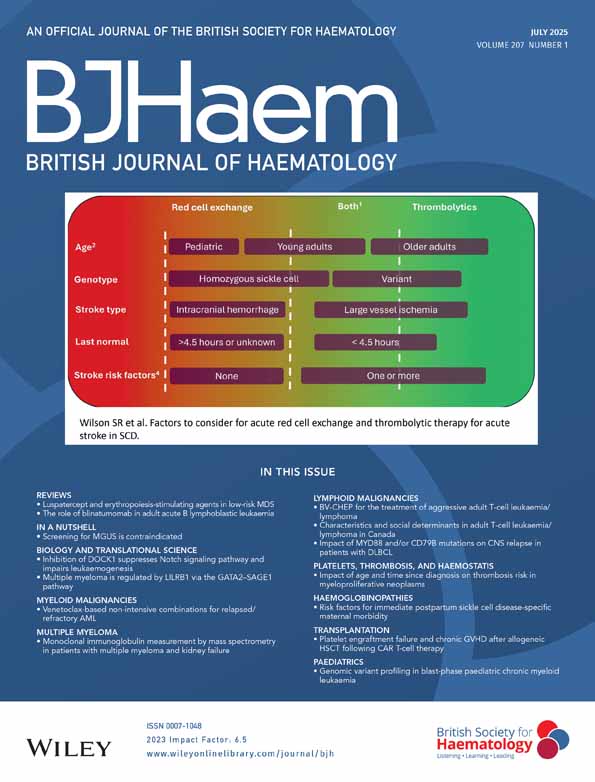Feto-maternal alloimmune thrombocytopenia: antenatal therapy with IvIgG and steroids — more questions than answers
Abstract
The optimal antenatal therapy for fetal thrombocytopenia has not been determined. We analysed 37 cases managed by maternal therapy and observed a successful outcome of maternal treatment in 26% of IvIgG cases and in 10% of steroid-treated cases. The significance of a plateau of the fetal platelet counts during pregnancy, 41% of IvIgG cases and 20% of cases treated with steroids, is uncertain. It may indicate a stabilization of thrombocytopenia, hence a beneficial effect of therapy, or the natural course of the platelet count in a low-risk pregnancy. Overall outcome was unpredictable, but amongst the therapy failures there were proportionally more severely affected siblings. Further multicentre studies are necessary to establish the optimal antenatal management of high-risk pregnancies.




